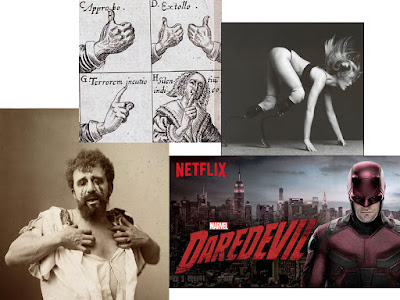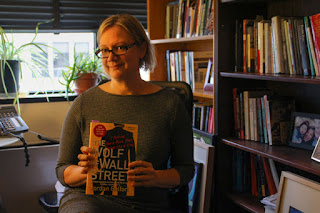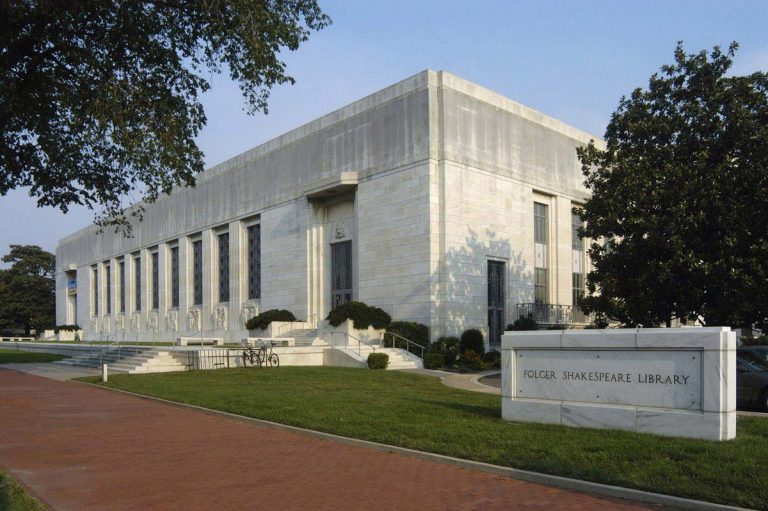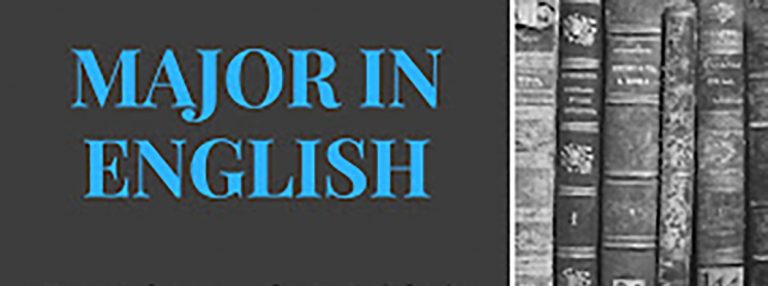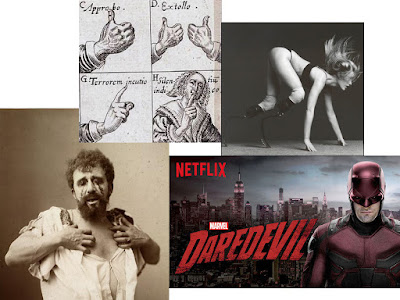
Disability Studies:
Composing Disability, or Why Art Matters
ENGL 3910.10 (CRN 14687)
Prof. Jonathan Hsy
Tue/Thu 12:45-2
This course offers a gateway into the interdisciplinary field of Disability Studies, a burgeoning field that examines the wide cultural meanings of disability across time and space.
Our main objective will be to interrogate varied and capacious perceptions of disability in art and media. At certain points in Western literary history, disability has been characterized as a problem, sin, malfunction, divine gift, source of social stigma, potent metaphor, cultural advantage, puzzle, or secret. How might art created in the distant past change how we understand disability today? Can literature transform how we approach disability in political discourse or public policy debates?
Through our readings of key texts from classical antiquity to the present, we will consider how artistic works (including plays, visual art, poetry, prose literature, and film) promote or challenge assumptions about disability and disabled people. We will engage with a surprisingly wide range of meanings historically associated with forms of embodied variance (such as blindness, deafness, left-handedness, immobility, stuttering, and mental illness). Our discussion will balance a historically thick understanding of canonical literary works with perspectives from some of most influential scholars and thinkers in the field.
Major historical authors will include Sophocles, Geoffrey Chaucer, Margery Kempe, Teresa de Cartagena, and William Shakespeare; modern works include Marvel’s Daredevil (graphic novel and Netflix iterations) and the film The King’s Speech. Through artistic works and modern theory, this class will give students some exposure to disability in Christian, Jewish, Muslim, and postcolonial cultural contexts.
Assignments include a critical analysis of a disability keyword, a comparative analysis of two media adaptations, and a final project that integrates disability theory and literary analysis.
All early literary texts will be provided in modern English (or bilingual) translation.

